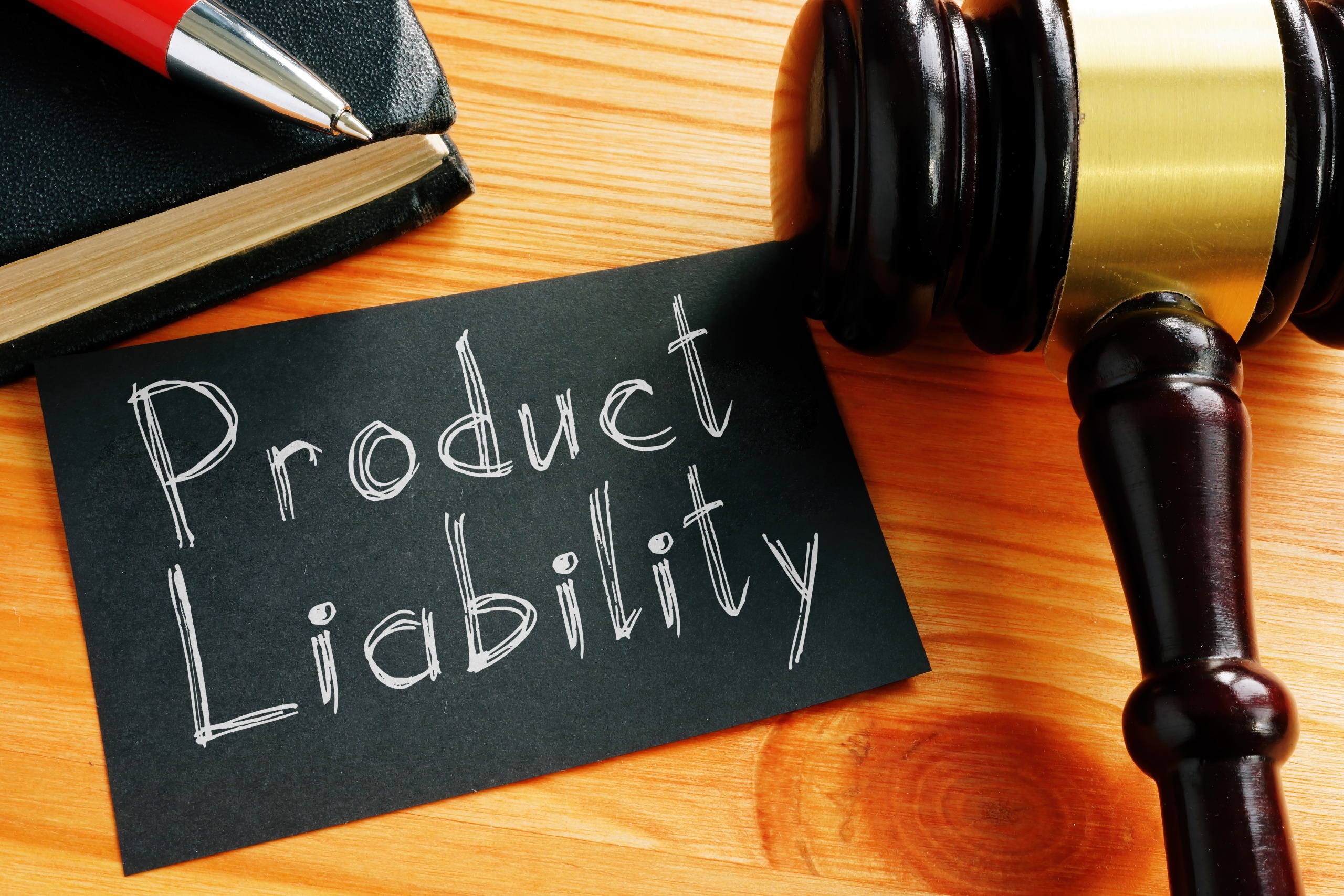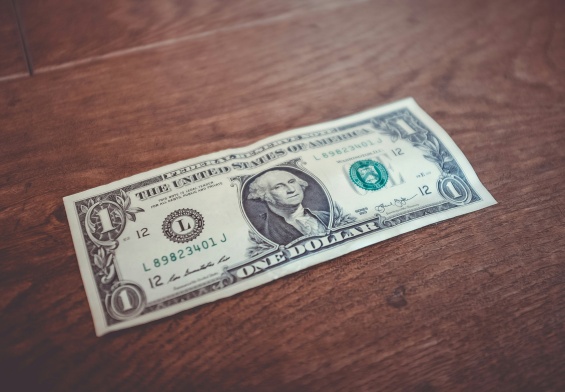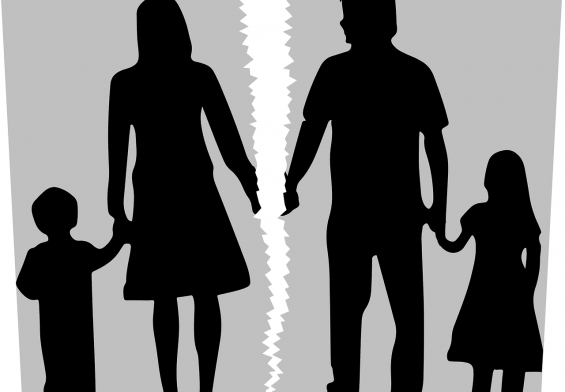Originally posted on: https://ciecka.com/product-liability-and-consumer-protection/
In today’s consumer-driven society, the importance of product liability law and consumer protection rights cannot be overstated. As the global market continues to expand, offering a vast array of products to consumers, the potential for harm from defective or dangerous products increases correspondingly. Product liability law serves as a critical safeguard, holding manufacturers, distributors, retailers, and suppliers accountable for the safety of their products. This legal framework ensures that the rights of consumers are protected and provides a mechanism for recourse in the event of injury or harm caused by faulty products. Understanding the nuances of product liability cases, the process of filing a claim, and the indispensable role of experienced legal representation in navigating these complex legal waters is essential for consumers. It empowers them to assert their rights, seek justice, and receive compensation for injuries sustained due to defective or dangerous products. This introductory exploration into product liability and consumer protection aims to shed light on the rights of consumers, the intricacies of filing a claim, and the paramount importance of having skilled legal counsel to guide through the complexities of product liability cases.
Understanding Product Liability Law
Product liability law is a critical component of consumer protection legislation, designed to hold manufacturers, distributors, retailers, and suppliers accountable for the harm their products may cause to consumers. This area of law is foundational in promoting product safety and ensuring that companies adhere to high standards of quality and safety in the production and distribution of their goods. Unlike other areas of law that may require proof of negligence, product liability often operates on the principle of strict liability. This means that a company can be held responsible for any damage caused by its products, regardless of the level of care or caution exercised during the manufacturing or distribution processes. The objective is to protect consumers from harm and to incentivize companies to implement rigorous safety standards.
The scope of product liability encompasses various types of defects that can render a product unsafe: manufacturing defects, design defects, and marketing defects, including the failure to adequately warn consumers about potential risks. Manufacturing defects occur during the production process and result in products that deviate from their intended design in a way that makes them dangerous. Design defects, on the other hand, are inherent flaws in the product’s design that make it unsafe, even if it is manufactured correctly. Marketing defects involve the failure to provide sufficient instructions or warnings about the product’s use, which could lead to misuse and resultant injuries. Each of these defect types forms the basis for product liability claims, allowing consumers to seek redress when injured by products that are defective or inadequately labeled.
Understanding the nuances of product liability law is essential for consumers who have been harmed by defective or dangerous products. It provides a legal avenue for them to claim compensation for their injuries and losses. Moreover, this area of law plays a significant role in public safety by holding companies accountable for the products they bring to market. By enforcing strict liability for product defects, the law encourages manufacturers to prioritize consumer safety in their design, production, and marketing practices. This, in turn, contributes to a safer consumer environment, where individuals can trust that the products they purchase meet established safety standards.
Consumer Protection Rights and Compensation Claims
Consumer protection rights under product liability law are fundamental in ensuring that individuals have the means to seek justice and compensation when harmed by defective or dangerous products. These rights are designed to hold manufacturers and other entities in the supply chain accountable for the safety of their products, providing a legal framework through which consumers can pursue claims for damages. When a product fails to meet safety standards and causes injury, consumers are entitled to file compensation claims to cover medical expenses, lost wages, pain and suffering, and other related damages. This aspect of consumer protection is crucial, as it not only offers a remedy to the injured party but also serves as a deterrent against the negligence of product safety by companies.
The process of filing a product liability claim involves several critical steps, beginning with the collection of evidence to support the claim. This evidence may include the defective product itself, medical records documenting the injuries sustained, expert testimony regarding the product’s defects, and any other documentation that establishes a link between the product and the harm caused. Understanding the legal procedures is also essential, as product liability claims are subject to specific legal requirements and timelines, including the statute of limitations, which sets a deadline for filing a claim. Navigating these legal intricacies can be challenging, highlighting the importance of being well-informed about one’s rights and the procedural aspects of filing a claim.
The pursuit of compensation through product liability claims underscores the significance of consumer protection rights in promoting accountability and safety. By enabling consumers to take legal action against companies for distributing defective or dangerous products, these rights play a pivotal role in advocating for higher safety standards across various industries. This legal recourse not only aids the affected individuals in recovering from their losses but also contributes to the broader goal of preventing future incidents by encouraging companies to rigorously test and evaluate their products before releasing them to the market. In this way, consumer protection rights and compensation claims serve as essential tools in the ongoing effort to ensure product safety and protect public health.
The Critical Role of Legal Representation
The complexity of product liability cases necessitates the involvement of skilled legal representation to navigate the myriad legal challenges and procedural nuances inherent in these claims. The role of experienced attorneys in such cases cannot be overstated, as they bring a wealth of knowledge and expertise in product liability law that is crucial for building a strong case. Legal professionals who specialize in this area are adept at dissecting the specifics of each case, identifying the appropriate type of product liability claim, and crafting a legal strategy that maximizes the chances of a successful outcome. Their understanding of the legal landscape, including precedents and regulatory requirements, is invaluable in effectively advocating on behalf of injured consumers.
At the Law Offices of Vincent J. Ciecka, we specialize in product liability cases. With a strong focus on protecting the rights of individuals harmed by defective or dangerous products, our team of product liability lawyers possesses the necessary experience and negotiation skills to confront even the most formidable opponents. We understand the emotional and physical toll that injuries from defective products can impose on individuals and their families. We are committed to providing personalized legal representation, ensuring that clients are informed and supported throughout the legal process. Our expertise in handling product liability claims means we are well-equipped to gather the requisite evidence, engage with medical and product experts, and navigate the court system to achieve the best possible outcome for their clients.
The importance of legal representation extends beyond the courtroom. Experienced attorneys also play a critical role in negotiating product liability settlements with companies and their insurers, often achieving compensation for their clients without the need for a trial. This aspect of legal representation is particularly important in product liability cases, where the financial and resource disparity between individual claimants and large corporations can be vast. The negotiation skills of attorneys, honed through years of practice, can level the playing field, ensuring that injured consumers receive the compensation they deserve. Thus, engaging a law firm like the Law Offices of Vincent J. Ciecka not only enhances the likelihood of a favorable resolution, but also provides a sense of security and advocacy for consumers facing the daunting prospect of legal action against powerful corporate entities.
Product Recalls and Government Oversight
Product recalls and government oversight play a pivotal role in the ecosystem of consumer protection, acting as critical mechanisms for safeguarding public health and safety. When products are found to be defective or dangerous, recalls can be initiated to remove these items from the market, thereby preventing further harm to consumers. These actions can be voluntary, undertaken by manufacturers who recognize the risks associated with their products, or mandatory, enforced by government agencies that oversee product safety. The Consumer Product Safety Commission (CPSC) and the Food and Drug Administration (FDA) are two such agencies in the United States tasked with monitoring and regulating the safety of consumer products and pharmaceuticals, respectively. Their authority to mandate recalls and enforce safety standards is essential in addressing potential hazards before they result in widespread harm.
The process of a product recall often begins with reports of safety concerns or injuries associated with a product, which can come from consumers, healthcare professionals, or internal company audits. Upon identifying a potential safety issue, the responsible government agency evaluates the risk, works with the company to assess the scope of the problem, and determines the appropriate course of action. This may involve issuing a recall notice to the public, outlining the nature of the defect, the products affected, and the steps consumers should take in response. The transparency and efficiency of this process are crucial for maintaining public trust and ensuring that recalls are carried out effectively to minimize consumer exposure to unsafe products.
Government oversight extends beyond the management of product recalls. Agencies like the CPSC and FDA also engage in proactive measures to prevent unsafe products from reaching the market in the first place. This includes setting safety standards, conducting product inspections, and reviewing pre-market submissions for certain types of products. Through these activities, government agencies play a foundational role in the preemptive identification and mitigation of product-related risks. Their oversight is a testament to the collective effort to ensure that consumer products, from toys and electronics to medical devices and pharmaceuticals, meet rigorous safety standards that protect the well-being of the public.
Industry-Specific Considerations
The application of product liability law varies significantly across different industries, each presenting its own set of challenges and considerations. In sectors such as pharmaceuticals, medical devices, and automobiles, the stakes are particularly high due to the direct impact these products have on consumer health and safety. For instance, in the pharmaceutical industry, the complexity of establishing causation between a drug and adverse health effects requires a nuanced understanding of both legal and medical principles. Plaintiffs must navigate a labyrinth of regulatory standards, clinical trial data, and scientific evidence to prove their cases, making legal expertise in this area invaluable.
Similarly, the automotive industry faces its unique challenges in product liability cases, often involving intricate issues related to vehicle safety features, manufacturing processes, and design decisions. These cases can hinge on highly technical evidence and expert testimony to demonstrate how a design or manufacturing defect contributed to an accident or injury. The complexity of such cases is compounded by the evolving nature of automotive technology, including electric vehicles and autonomous driving systems, which introduce new legal questions and safety concerns.
The rise of technology and consumer electronics has introduced new dimensions to product liability law, with issues surrounding data privacy, cybersecurity breaches, and the physical safety of electronic devices coming to the fore. Legal professionals working within these industry-specific contexts must possess a deep understanding of the technical aspects of the products in question, as well as the regulatory environment governing them. This specialized knowledge is crucial for effectively advocating on behalf of clients and ensuring that manufacturers are held to the highest standards of safety and accountability. As industries continue to innovate and evolve, so too will the landscape of product liability law, requiring ongoing vigilance and expertise to protect consumer rights and well-being.
Safeguarding Consumers in a Complex World: The Vital Role of Product Liability Law
In conclusion, the realm of product liability law and consumer protection rights plays an indispensable role in ensuring the safety and well-being of consumers in an increasingly complex and product-saturated world. By holding manufacturers and distributors accountable for the safety of their products, this legal framework not only provides a recourse for individuals harmed by defective or dangerous products but also promotes a culture of safety and responsibility across various industries. The importance of experienced legal representation cannot be overstated, as it empowers consumers to navigate the complexities of product liability claims and seek the compensation they deserve. Government agencies like the CPSC and FDA further bolster consumer protection through rigorous oversight and the enforcement of product recalls when necessary. Successful product liability cases serve as a testament to the system’s effectiveness, leading to enhanced safety standards and preventing future harm. As technology advances and new products continue to enter the market, the vigilance of legal professionals, regulatory bodies, and consumers themselves will be paramount in maintaining the delicate balance between innovation and safety. Ultimately, the collective efforts in upholding product liability law and consumer protection rights are crucial in fostering a safer, more accountable marketplace for all.




